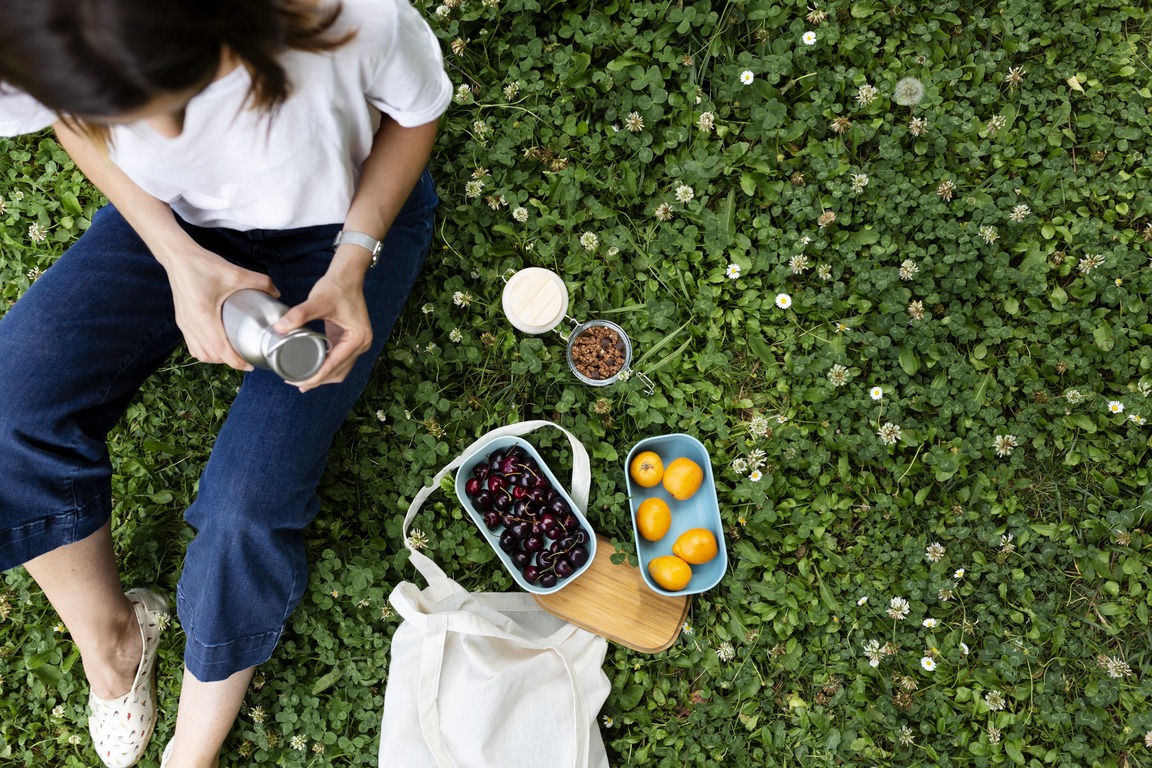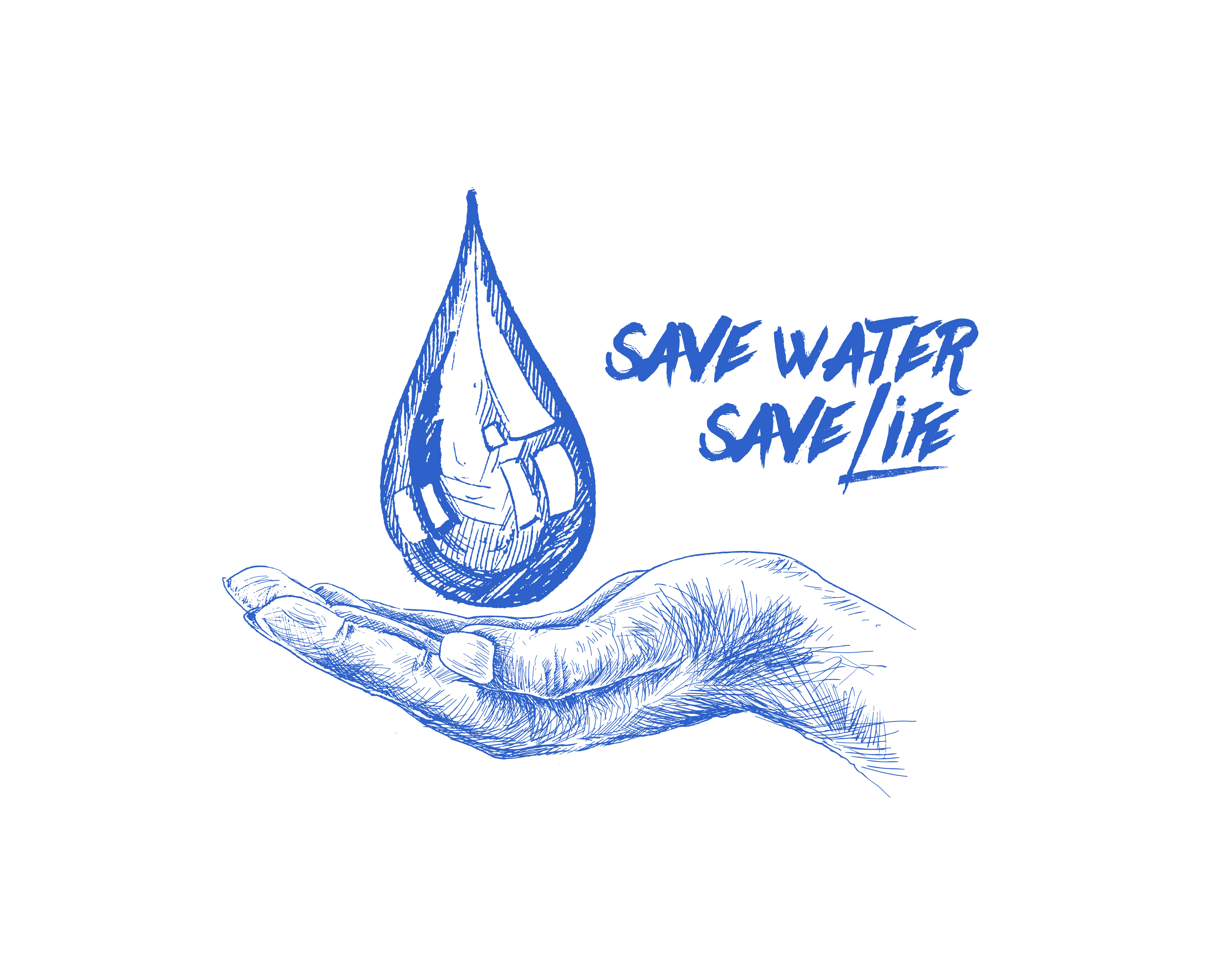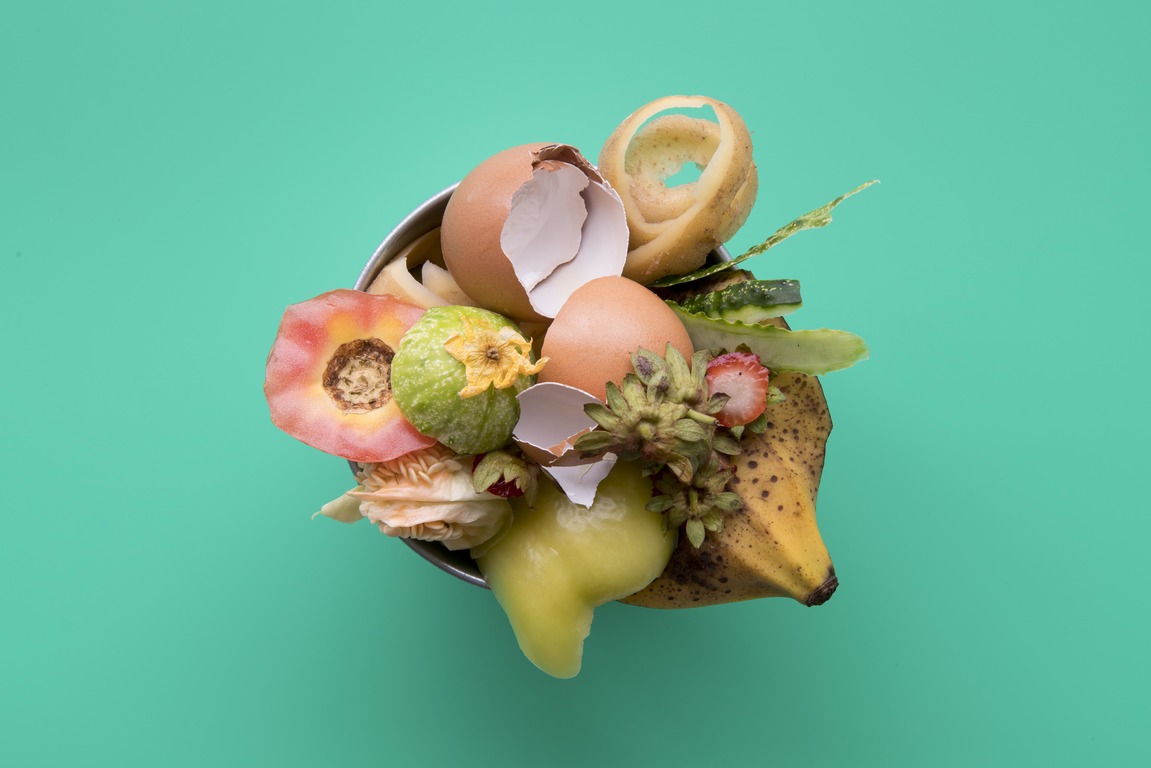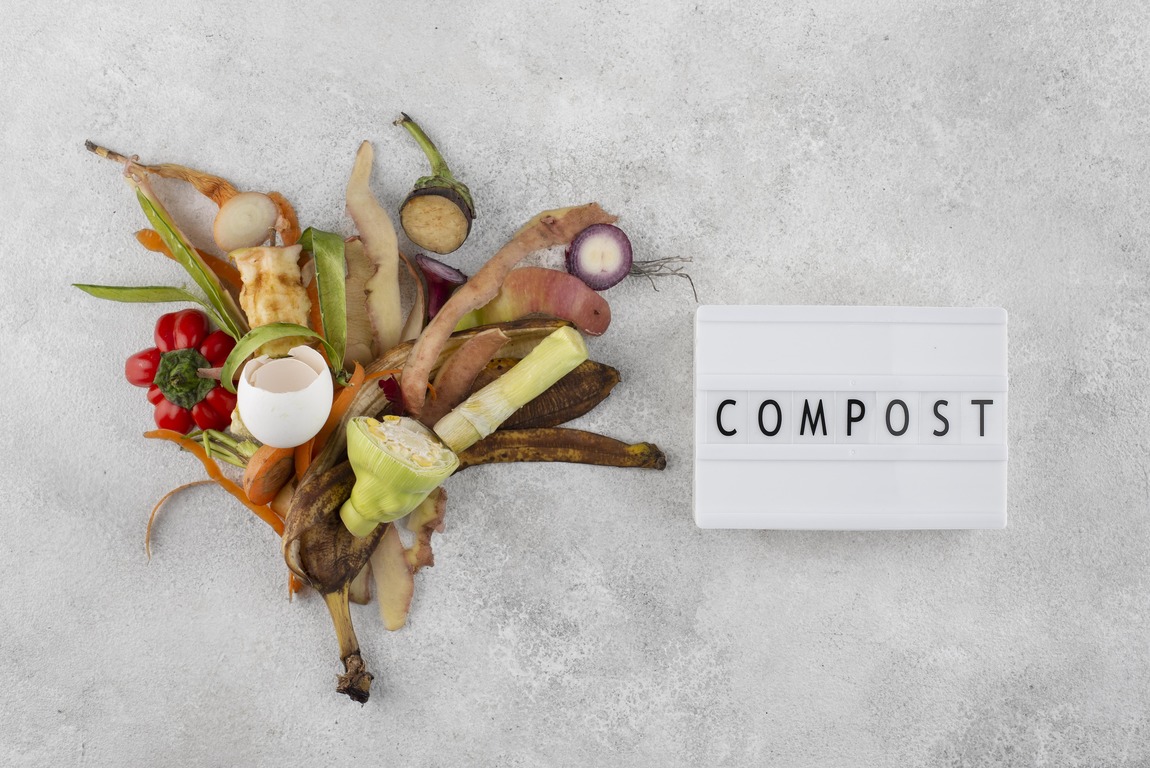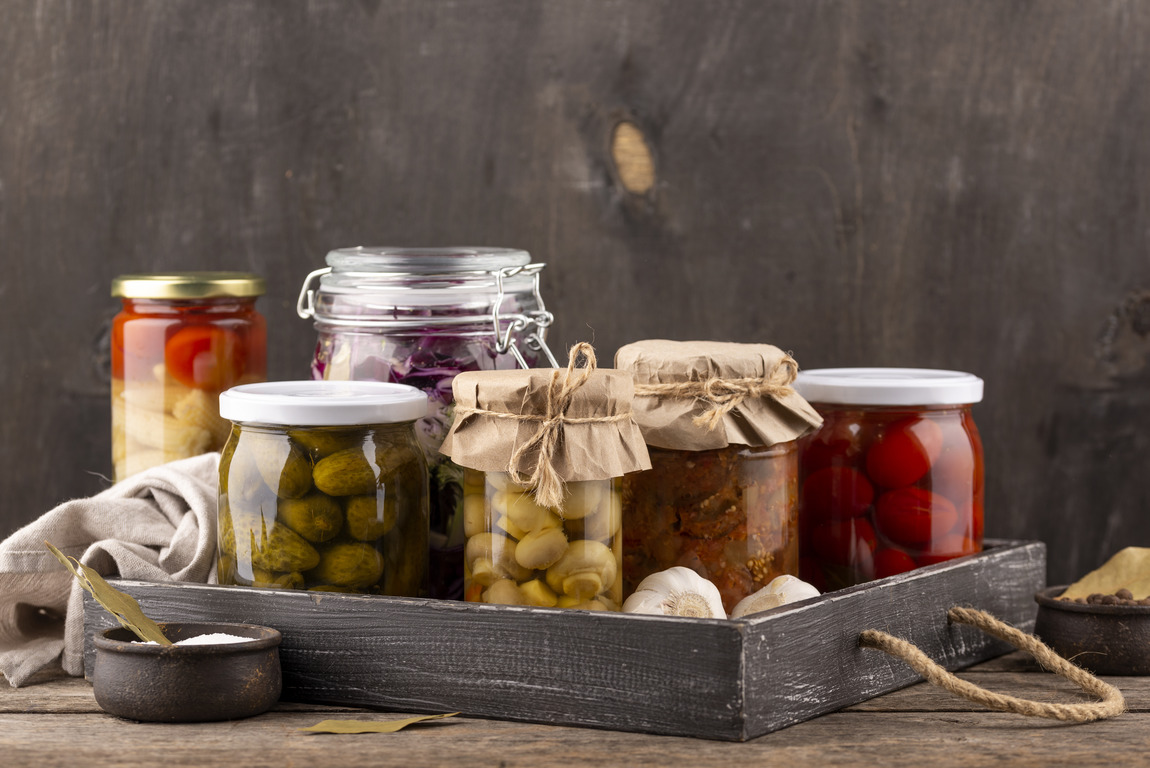Blog & Media
The Art of Composting :
Turning Food Waste into Garden Gold
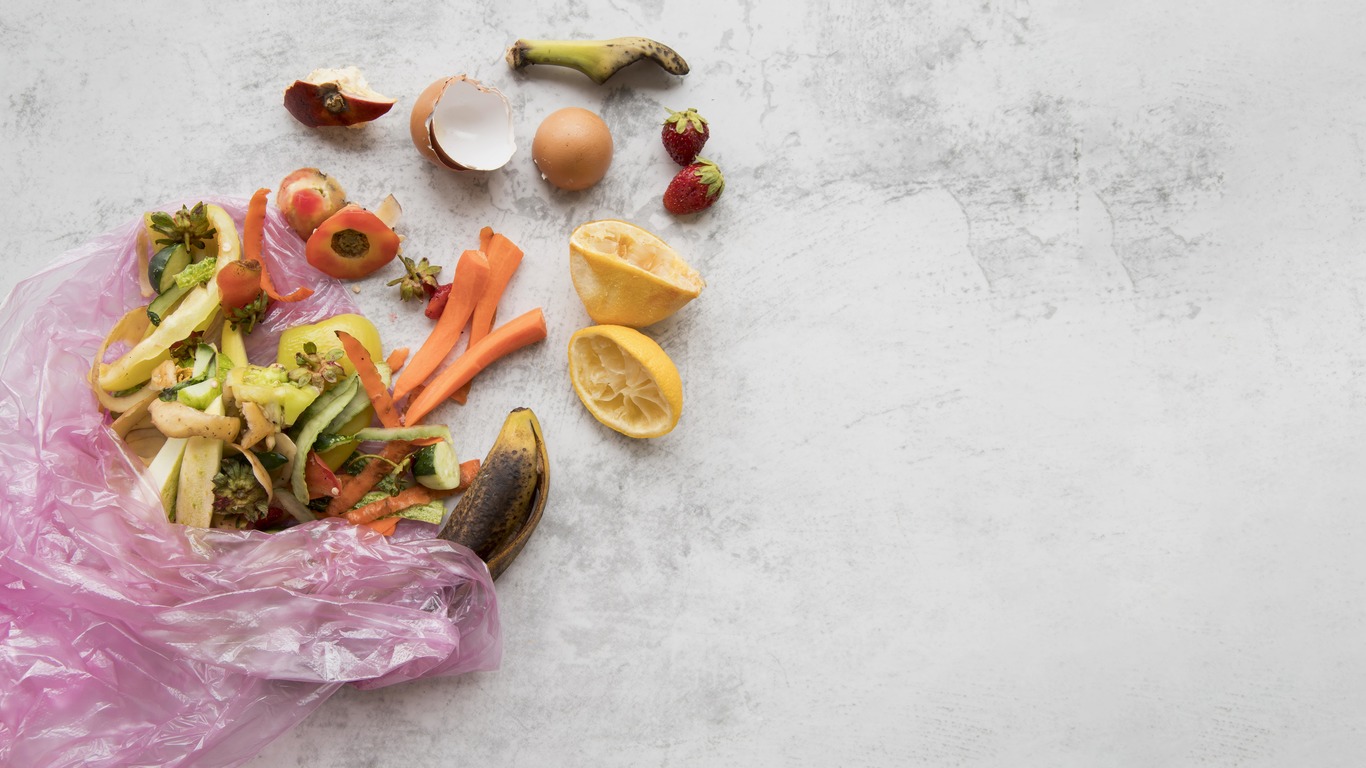

Ahammed Yousuf - Feb 15, 2024
In Singapore, people are starting to really care about not wasting food. This tiny nation, known for its stunning gardens. Singapore enforces strict rules to maintain a clean environment. It is now getting into composting. Composting changes food scraps and yard waste into nutrient-rich soil. This blog delves into the art of composting. By guiding you through the process of turning your food waste into garden gold.
Understanding Composting
Composting is a natural process. It breaks down organic materials into a dark, earthy substance. This substance is a boon for your garden. It improves soil health, reduces waste, and cuts down greenhouse gas emissions. In a garden, compost acts like a sponge. It holds moisture and provides nutrients to plants. It’s not just soil; it’s a lifeline for your garden.
In Singapore, composting is a growing trend among eco-conscious residents. The city’s limited space makes composting a creative challenge. Yet, many have found innovative ways to compost in small spaces. Balconies and backyards are becoming mini compost hubs.
Starting Your Compost Bin
To start, you need a bin. You can buy one or make one. Your bin should have a lid and some holes for air flow. It can be as simple as a plastic container or as fancy as a rotating composter. The key is to keep it accessible and manageable.
Location is crucial. Place your bin in a spot that’s easy to reach but away from direct sunlight. In a humid climate like Singapore’s, a shady spot prevents the compost from drying out too quickly.
What to Compost
You can compost a lot of kitchen waste. Fruit and vegetable scraps are perfect. So are coffee grounds, eggshells, and tea bags. These items break down quickly and add valuable nutrients to the compost. It’s not just waste; it’s potential.
Avoid composting meat, dairy, and oily foods. These can attract pests and cause odors. Also, diseased plants and weeds can bring problems to your compost pile. Be selective. Your compost deserves the best.
The Composting Process
Layering is key in composting. Start with a layer of browns, like dry leaves or shredded paper. Then add a layer of greens, like kitchen scraps. Repeat these layers. Browns provide carbon, while greens provide nitrogen. Together, they create a balance. It’s not just stacking; it’s crafting.
Moisture and air are vital. The compost should be as damp as a wrung-out sponge. Turn it every few weeks to add air. This speeds up the process. It’s not just mixing; it’s energizing.
Common Challenges and Solutions
Composting in Singapore’s humid climate can be tricky. The compost might get too wet. If this happens, add more browns to absorb the excess moisture. It’s not a problem; it’s an adjustment.
Pests can be another issue. Keep your bin covered and turn the compost regularly. This helps keep pests away. It’s not just maintenance; it’s prevention.
Harvesting Your Compost
After a few months, your compost will be ready. It will look dark and crumbly. It will smell like earth. Sift it to remove large pieces. What’s left is your garden gold. It’s not just compost; it’s a treasure.
Use it in your garden or pots. It will help your plants grow strong and healthy. It’s not just a soil enhancer; it’s a plant superfood.
The Bigger Picture
Composting is more than a garden activity. It’s a step towards zero food waste. In Singapore, this is crucial. Land is limited, and waste management is vital. By composting, you’re reducing landfill waste. You’re also cutting greenhouse gas emissions. It’s not just gardening; it’s making a difference.
Composting is an art. It turns food waste into something valuable. It’s a key part of the zero food waste movement, especially in a place like Singapore. It’s not just about waste; it’s about transformation. Composting is a small act with a big impact. It’s not just for your garden; it’s for the planet.


